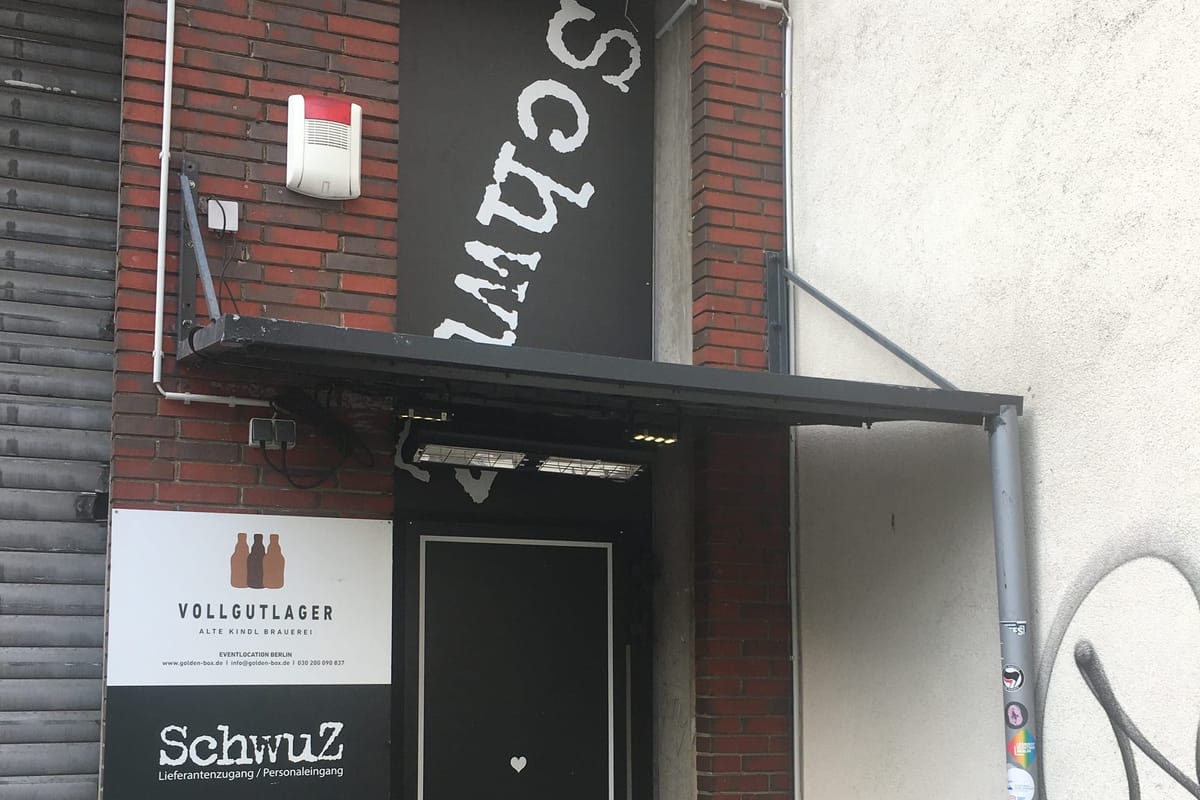Germany’s largest gay club, SchwuZ, to close its doors

SchwuZ, Germany’s largest and oldest gay club, has announced it will shut its doors for good on 1 November. The closure marks the latest casualty in what many are calling a “club death” crisis gripping the German capital.
Founded in 1977, SchwuZ has long been a cornerstone of Berlin’s LGBTQ+ community, offering 1,600 square metres of dancefloors and concrete rooms that have hosted generations of queer partygoers. But despite its cultural significance and a spirited fundraising campaign that raised over €52,000, the club was unable to meet its €300,000 target to stay afloat.
The club declared bankruptcy in July and had already laid off nearly a third of its 100 staff. “Unfortunately, we have to tell you that SchwuZ will shut its doors,” the club announced on Instagram, citing failed talks with potential investors and a monthly shortfall of €50,000.
Katja Jaeger, SchwuZ’s director, attributed the financial woes to a sharp decline in attendance and spending. “Before, the regulars came here each weekend, maybe twice. Now, they will come maybe once a month,” she told AFP. Rising living costs and shifting nightlife habits have left Berliners partying less and spending more cautiously.
SchwuZ’s closure is part of a broader trend. Iconic venues like Griessmuehle, Remise and Watergate have also shut down in recent years. In late 2024, Berlin’s Clubcommission warned that nearly half of its member clubs were considering closure within a year.
Once hailed as Europe’s techno capital, Berlin’s nightlife has been battered by inflation, gentrification and changing tastes. The pandemic dealt a heavy blow, and the recovery has been slow. While some new venues and formats are emerging, many fear the city’s legendary club culture may never fully rebound.
Support independent LGBTQ+ journalism
Scene was founded in Brighton in 1993, at a time when news stories about Pride protests were considered radical. Since then, Scene has remained proudly independent, building a platform for queer voices. Every subscription helps us to report on the stories that matter to LGBTQ+ people across the UK and beyond.
Your support funds our journalists and contributes to Pride Community Foundation’s grant-making and policy work.
Subscribe today




Comments ()